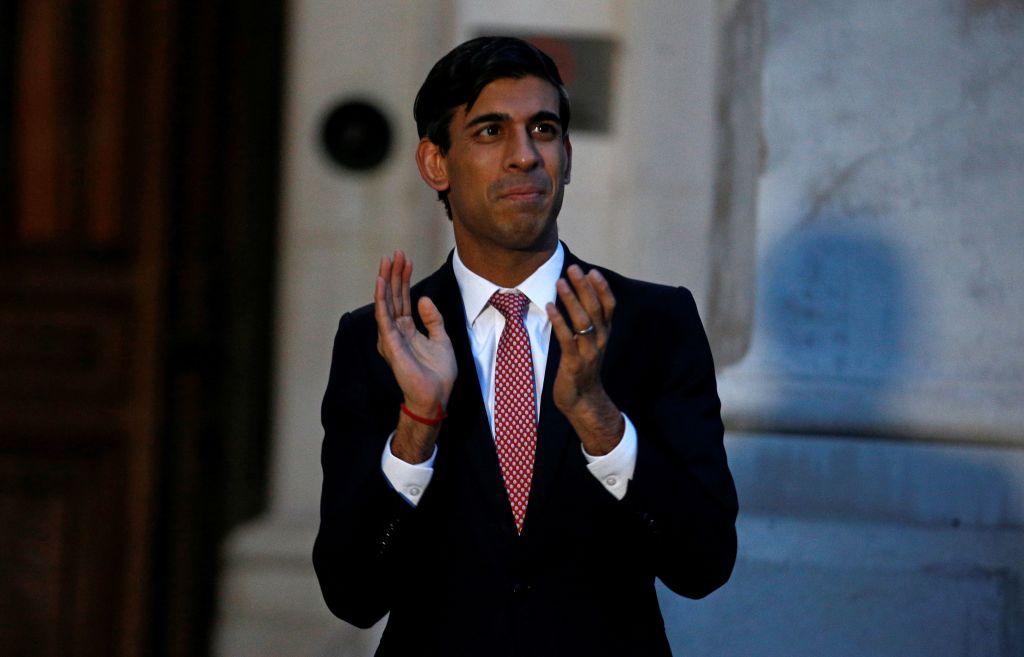One of the most generous Covid-19 emergency measures in Europe has been extended until the end of October – with some caveats. Chancellor Rishi Sunak has just told the House of Commons that the furlough scheme – which covers up to 80 per cent of an employees’ wages, with a cap of £2,500 per month – will continue to operate unchanged between now and the end of July. From August, furloughing will become more flexible, allowing for part-time work. The scheme remains extended to all sectors, avoiding the optics of industry favouritism, which could easily extend to regional favouritism, given the dependence on certain sectors in different parts of the UK.
At first, the scheme was intended for lockdown. Now, furlough might be needed in the new era where businesses become ‘Covid-secure’ with less space for employees in the office. These limitations could result in widespread layoffs as employers don’t need or simply can’t fit as many staff in their premises as before. The ability for staff to work part-time and be furloughed part-time may save many full-time jobs that can hopefully resume to a normal schedule in a few months’ time.
The expected controversial part of the Chancellor’s announcement – a reduction in the wage subsidy and salary cap – didn’t come. On the contrary, Sunak recommitted to the 80 per cent salary support and £2,500 cap until the end of October. However, the Government doesn’t plan to foot the entire bill. From August, Sunak said, employers will need to ‘start sharing, with the government, the cost of paying people’s salaries,’ with more details expected at the end of the month.
But even splitting the bill with employers, the Chancellor has committed to a colossal cost. The first month of the scheme cost £8bn – creeping up to monthly spending on the NHS, which totals £11bn. The head of the Institute for Fiscal Studies Paul Johnson estimates now that the total bill could creep towards £100bn, for this one scheme alone. A lack of means testing has meant a majority of UK businesses have furloughed some, if not all, of their employees – 7.5m people, and counting. For many workers, the loss of 20 per cent of income is sustainable to their lifestyle (especially if commuting costs fall). The average household has actually been saving over £150 per week during lockdown, as the costs of travel and social activities have all but evaporated. Meanwhile, employers are terrified of the blame game to come – no employer wants to be the first to open their doors and have an employee contract the virus on their premises. All of which raises the question: will extending the furlough scheme gel with the Government’s plan to start getting people back to work?







Comments